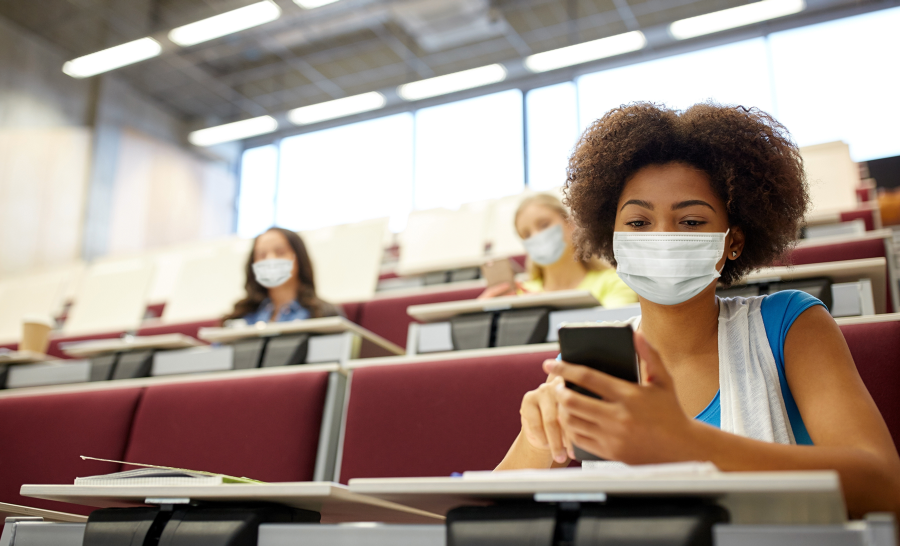Fighting for their dreams, 1st-gen students face 'huge challenge'
A job market in freefall has compounded disappointment over delayed commencement.
Rogers et al. / Social and Personality Psychology Compass / August 2023

Although university students tend to be optimistic about their future socioeconomic status (SES), little is known how their SES aspirations changed during the context of the COVID-19 pandemic. Using latent growth curve modeling techniques, the authors examined changes in subjective SES aspirations for students who began college before the pandemic (cohort 1; Fall 2019) and students who began college during the pandemic (cohort 2; Fall 2020). Moreover, the authors assessed how SES indicators (i.e., subjective family SES; first-generation status; low-income status) and a contextual financial indicator (i.e., pandemic-related financial impacts) predicted changes in SES aspirations for both groups of students. Although SES aspirations were similar at the beginning of college for both groups of students, students who began college before the pandemic experienced a greater rate of downward change between the baseline assessment and the assessment shortly after the pandemic began. In both cohorts, students from higher-SES families had higher SES aspirations at the beginning of college and steeper rates of downward change. Furthermore, despite having similar SES aspirations at the beginning of college, first-generation students whose first year was interrupted by the pandemic experienced steeper downward changes in their SES aspirations. However, pandemic-related financial impacts did not predict this downward change for either cohort. The authors' findings suggest that uncertainty in the early stages of the pandemic may have led to cautiousness in students' aspirations for their future SES attainment, particularly for first-generation students.